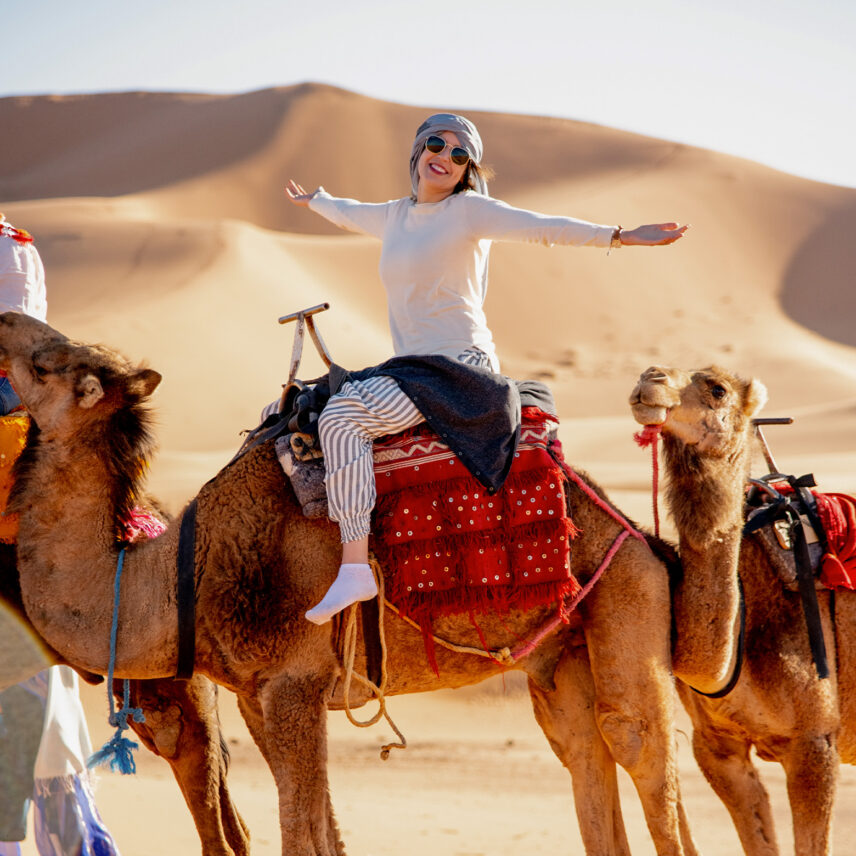Travel Stories
Women in the Wild
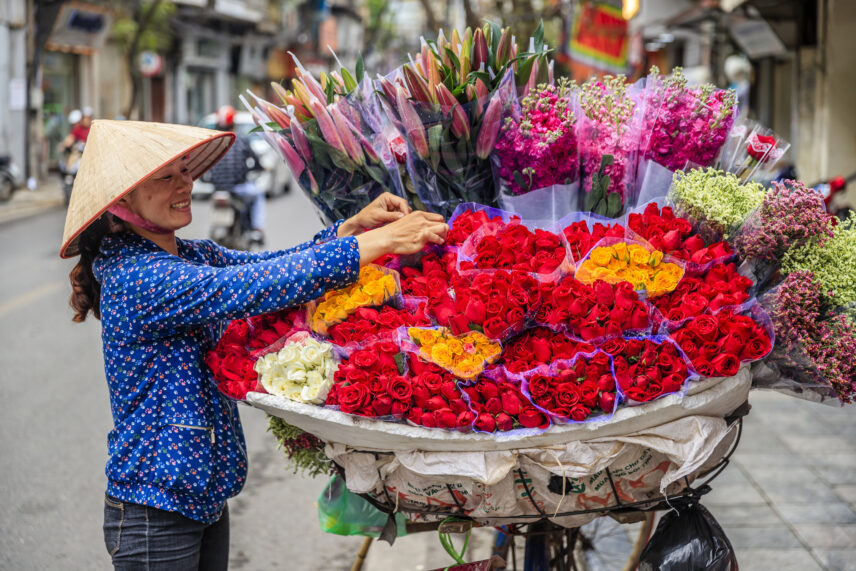
July 26, 2024
Your Ultimate Guide to Vietnam
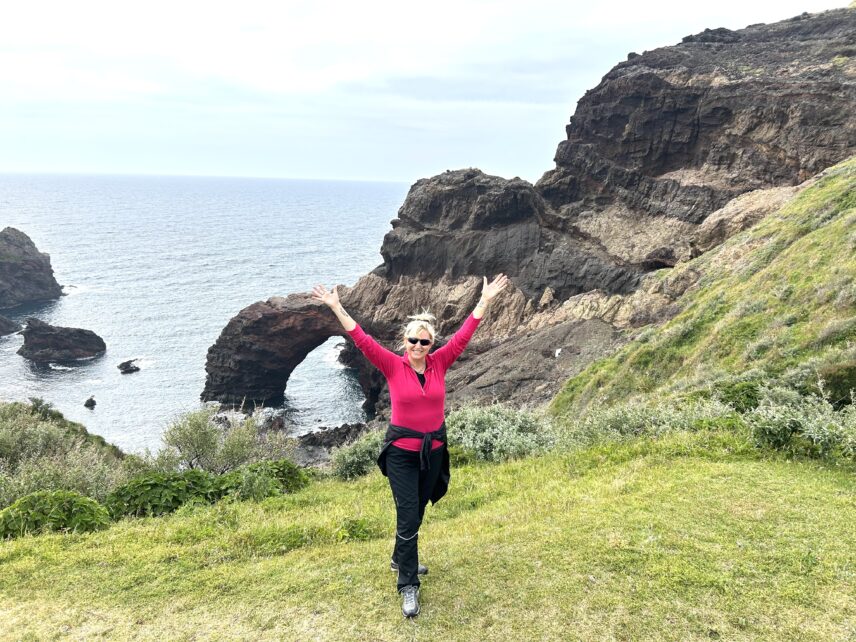
July 19, 2024
Adventure at any Age on Wild Women’s ‘Sacred Japan’ Tour
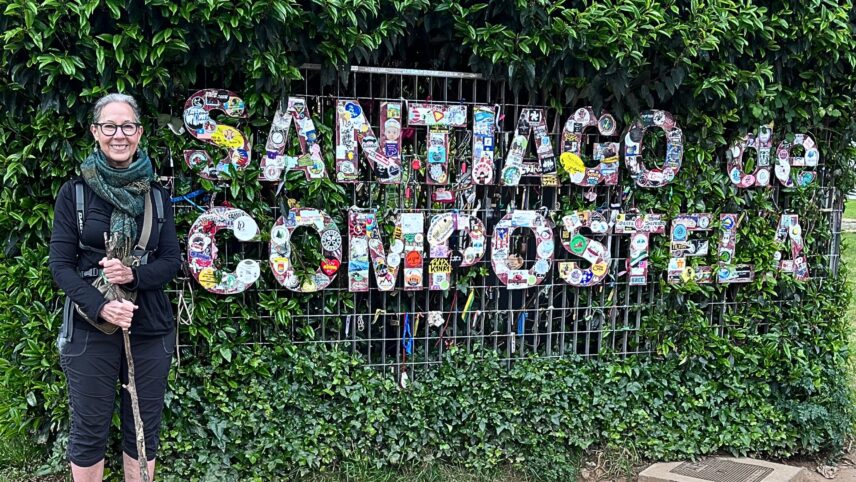
July 11, 2024
Stories from Spain: How the Camino de Santiago Led Karen Back to Herself
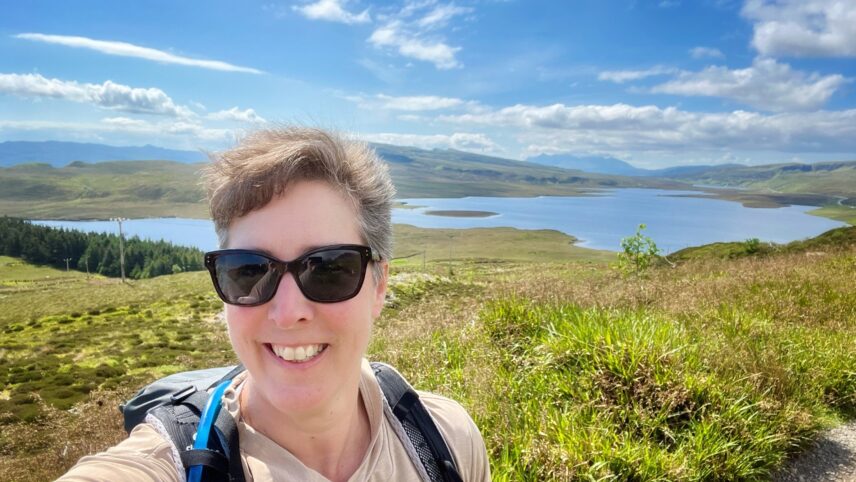
June 20, 2024
Stories from Scotland: Handstands in the Highlands with Stephanie
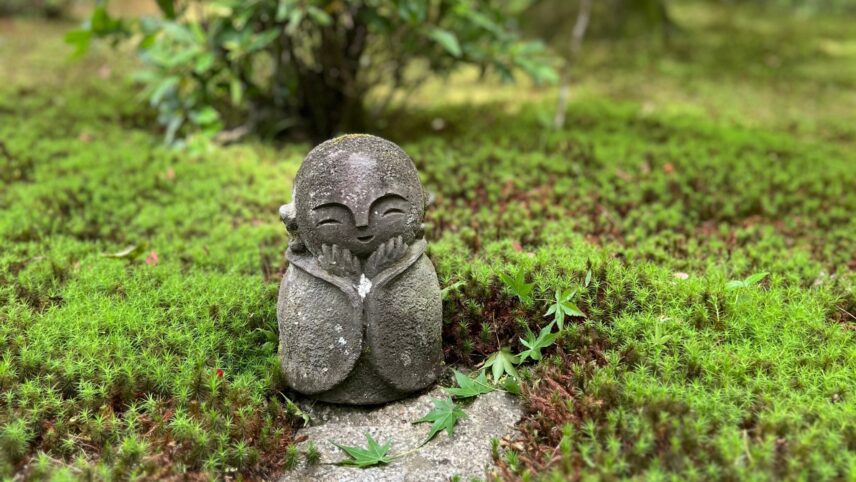
June 18, 2024
Sacred Indeed: Finding Peace in Japan
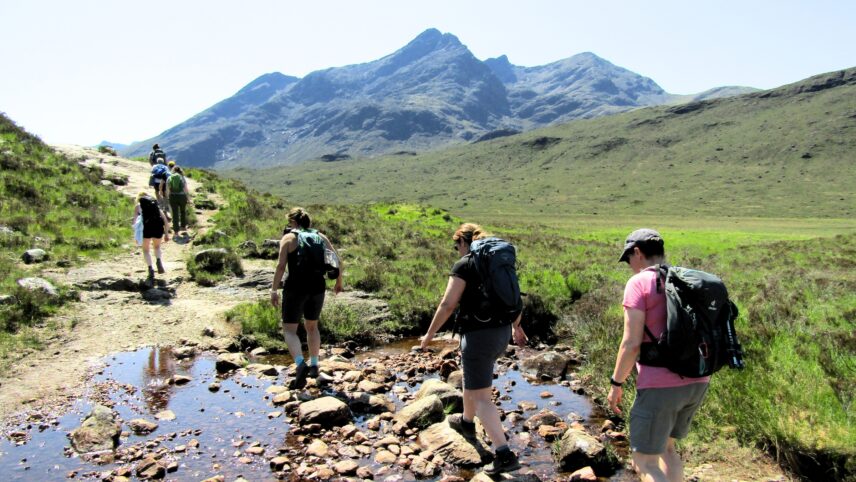
June 5, 2024
Your Ultimate Guide to Europe
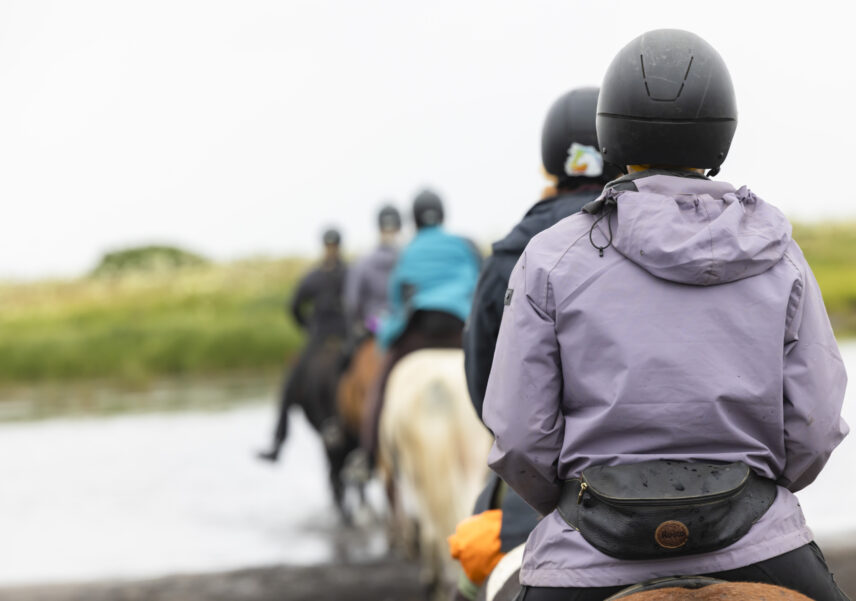
May 16, 2024
How to Choose A Horseback Riding Trip
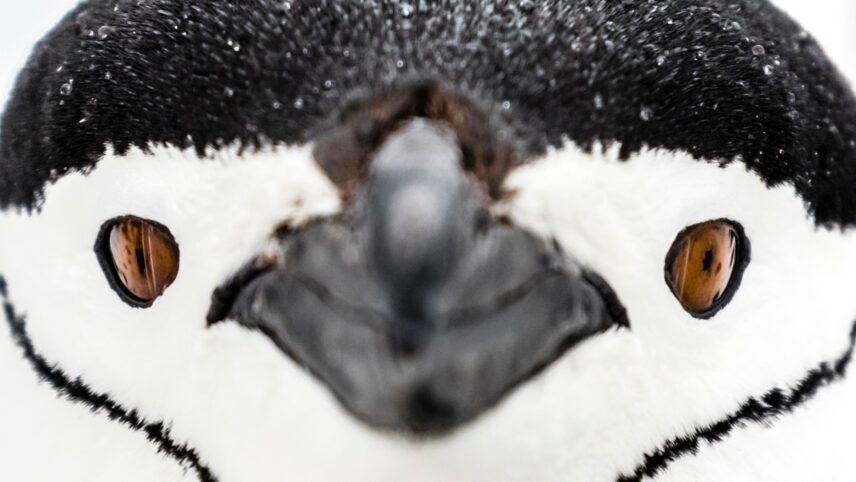
April 23, 2024
Your Ultimate Guide to Antarctica
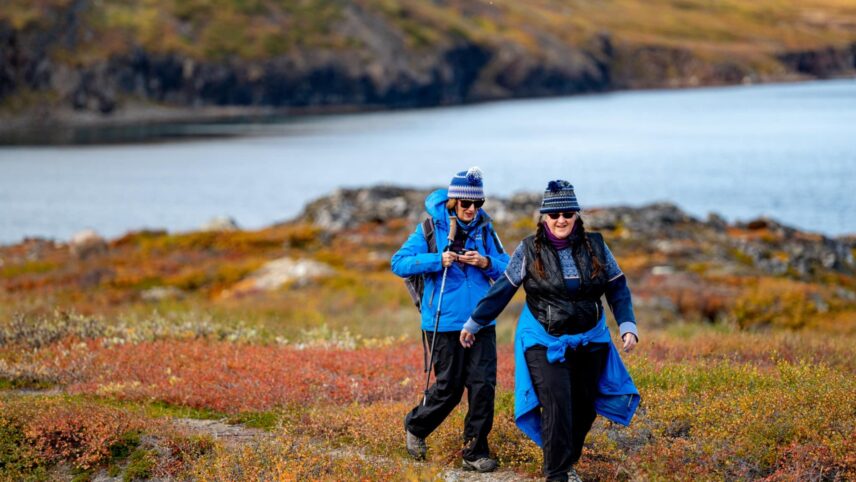
April 9, 2024
